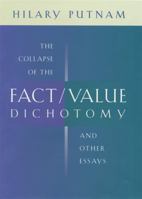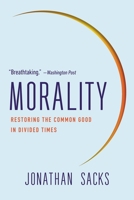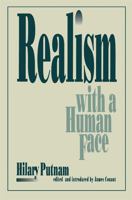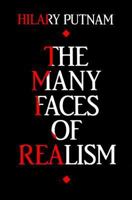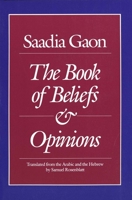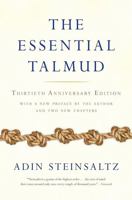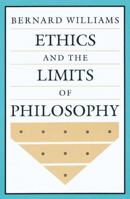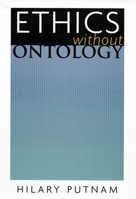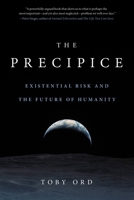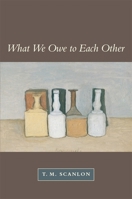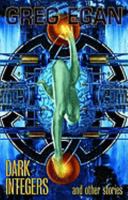Trafalgar 1805: Nelson's Crowning Victory (Campaign)
(Part of the Osprey Campaign (#157) Series and Osprey Campaign (#157) Series)
Select Format
Select Condition 
You Might Also Enjoy
Book Overview
Vice-Admiral Lord Nelson's decisive victory over the combined fleets of France and Spain on 21 October 1805 of the Napoleonic Wars (1799-1815) remains one of the greatest naval triumphs in history. Off Cape Trafalgar, 27 British and 33 Franco-Spanish ships pounded each other in an epic four-hour struggle on whose outcome rested nothing less than Britain's security against Napoleonic invasion. Nelson's brilliant tactics, inspiring leadership and the superior training and morale of his crews left his opponents shattered in a savage encounter that not only marked the last great battle fought in the age of sail, but ushered in a century of British naval mastery.
Format:Hardcover
Language:English
ISBN:0226768589
ISBN13:9780226768588
Release Date:October 2003
Publisher:University of Chicago Press
Length:370 Pages
Weight:1.24 lbs.
Dimensions:1.4" x 5.3" x 8.4"
Customer Reviews
4 customer ratings | 4 reviews
There are currently no reviews. Be the first to review this work.













